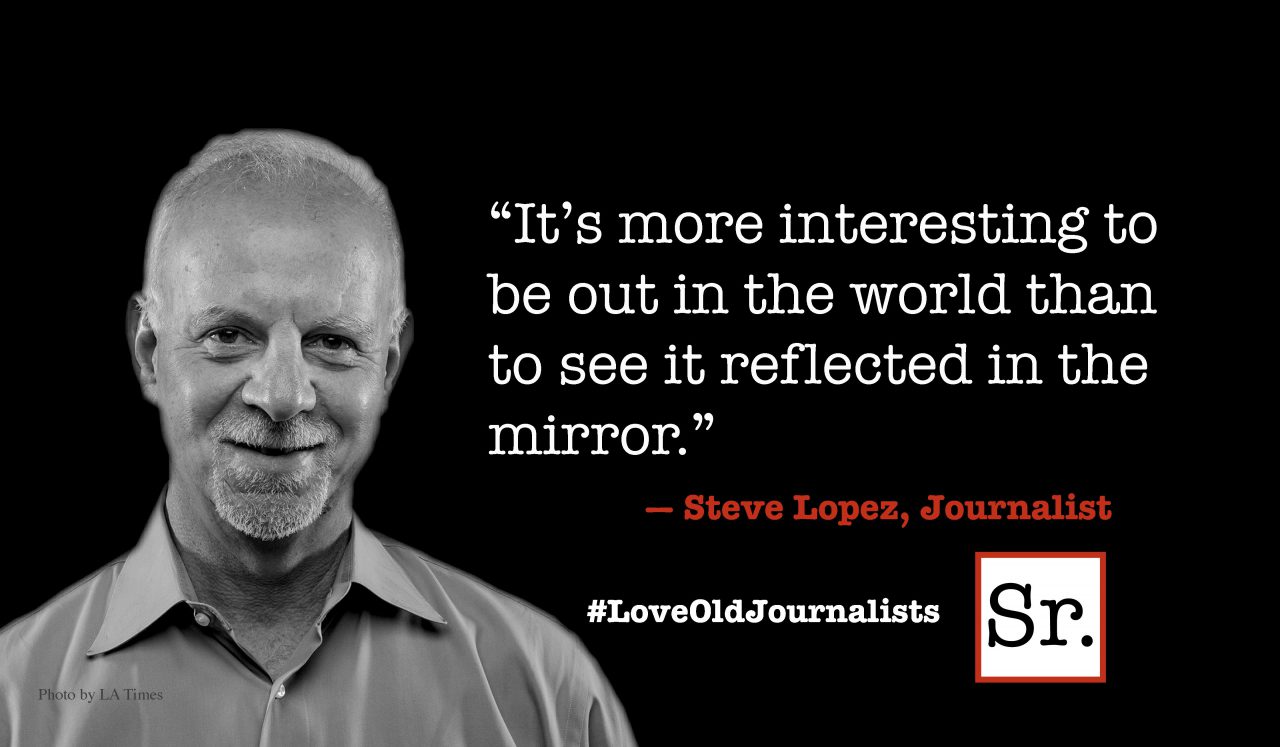The important subject of preparing yourself or your partner to handle the household's financial responsibilities has been top of mind for me recently. Dad turned over the management of his estate to me a few years ago. I also take care of his taxes and interactions with various investment companies. At least for the time being, he likes to pay the monthly bill for his living arrangements and his credit card bill.
Even those bill paying duties will likely switch over to me soon. I have found him renewing magazine subscriptions years into the future. Most companies have figured out if they send a request for a renewal that looks like a bill, even 8-12 months in advance, folks like my dad will pay them. Reader's Digest and Fortune magazine are among the worst. They have him on the hook for three more years. I think I have convinced Dad to throw away all notices like that, but that may be problematic if he throws away an actual bill.
My father-in-law, in the last few years of his life, became hooked by overseas lotteries. At one point we found he had spent thousands of dollars on Australian and Irish lottery tickets. Of course, the dreaded Publishers Clearing House mailings had him subscribing to things as inappropriate as baby and parenting magazines, under the belief that subscribing would increase his odds of winning.
All of this reminded me that the subject of proper financial oversight is a need that never ends. When a spouse or partner dies the other person has it dumped in his or her lap. When both parents are gone the children have estate and tax issues to handle. Of course, there are people and organizations that will handle all the details for you. But, that comes with certain risks and costs at a time when someone is quite vulnerable to being taken advantage of.
I wrote about this a few years ago and recently reviewed that post. With my dad's situation fresh in my mind, along with some comments left on recent blog posts I thought it would make sense to recycle some of that original post:
Is your relationship one-sided? Don't get defensive, most are. I don't mean that one of you is always taking and the other is always giving. Instead, one of you proves how much you love the other person. You prepare him or her for handling a crucial part of modern life if you are unable to do so — your finances.
It is common in a marriage or a serious relationship between two people that one of them handles all, or certainly a significant part of the financial side of things. Bill payment, tax preparation and investment and bank account management are the primary responsibility of one partner. Usually, there is agreement that one person is better suited to handle those duties. He or she probably enjoys it and has developed a system to ensure completion of these necessary tasks.
If a health problem or an untimely death leaves the survivor suddenly facing a desperate form of on-the-job-training there is the potential for a financial crisis. Of course, another option is to find a relative or outside person or business to take over this role. This can be quite expensive. Even worse, the person overseeing the matter may be untrained or even unscrupulous. Very quickly a lifetime of careful planning and investments can disappear.
It is much better for the "financial person" in the relationship to teach the "non-financial person" what must be done before disaster strikes. Taking the time to prepare another is an act of love. Frankly, I believe it is also an obligation, a part of what must be done in a committed relationship.
What are the basic questions that both partners must be able answer? Here is a list from my own experience:
Banks:
- Where do we have accounts?
- How does my partner get up-to-date statements?
- Where is the safety deposit box key?
- What are the PIN codes for the various ATM cards?
- Are there minimum deposit levels to maintain to avoid fees?
Credit Cards:
- What cards to we have?
- What are the limits and when are payments due?
- Where does my partner go online to check charges?
- What should my partner do if he or she sees a fraudulent charge?
- Where are card numbers stored in case a card is lost or stolen?
Bill Paying:
- Which bank accounts are used to pay which bills?
- How does my partner respond to e-bills?
- How does my partner set up automatic bill pay?
- How does my partner change payment dates and amounts when needed?
- Where are online passwords stored and how does my partner change them?
- Where are extra checks stored?
- How does my partner determine which checks and payments have cleared?
Insurance:
- With what company is life insurance policies held? How much life insurance do we have?
- With what company is our auto and home owners insurance? Who is the agent?
- What is our health Insurance information and policies, customer service numbers, limitations or restrictions, and how does my partner keep premiums current?
Investments:
- What is the name, address, and phone number of our investment adviser?
- How does my partner view online investments and IRA accounts statements?
- How does my partner transfer cash from investments to other accounts to pay bills and provide living expenses?
Taxes: (Welcome to the Jungle!)
This is an area where I do advise the use of a professional. I enjoy doing taxes (Odd, I know.) and can make Turbo Tax do what I want. But, there is no reason my spouse needs to be able to take over this area. However, there are things that should be understood: a basic handle on what expenses are deductible, what paperwork to maintain for the tax preparer, and the deadlines for things like quarterly taxes and returns.
This is our list of things we both feel each of us should understand if the need arises. I'd be interested in two things: have you done something like this for your spouse or the person who may have to take over? And, what have I overlooked? Since I still have most of my faculties there is time for me to take care of anything I may have missed.
I recently discovered a book, Cash Under the Mattress, that helps someone keep all vital information in one spot: Everything from insurance, to bank accounts, medical information, property titles, relatives, investments, pet information…in short everything anyone might need after a death.
There are numerous other resources that will aid in doing the same thing, and you can certainly gather all the info on your own. But keeping everything in one place is wise, and that is one of the ways that I’ll continue to care for my spouse.









